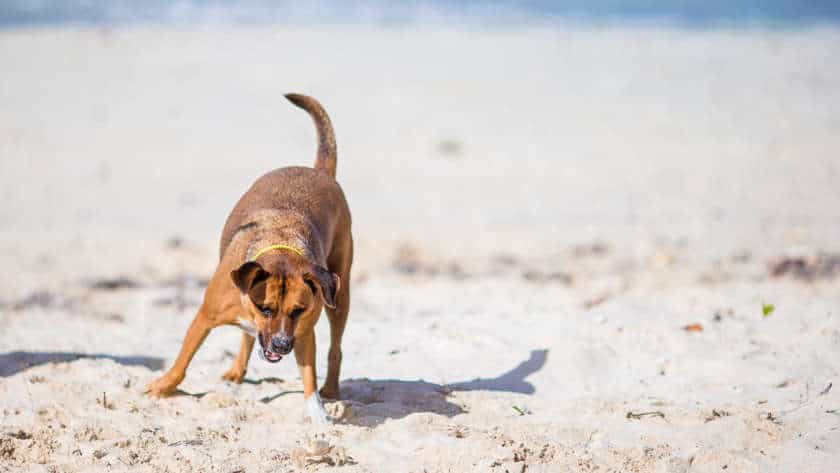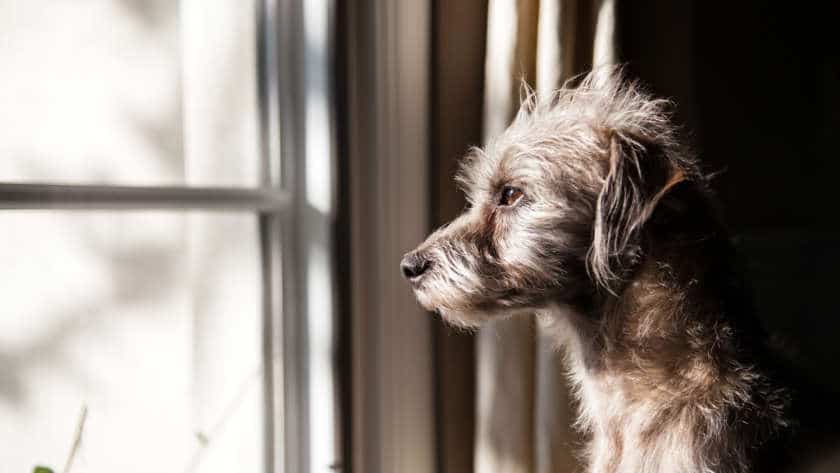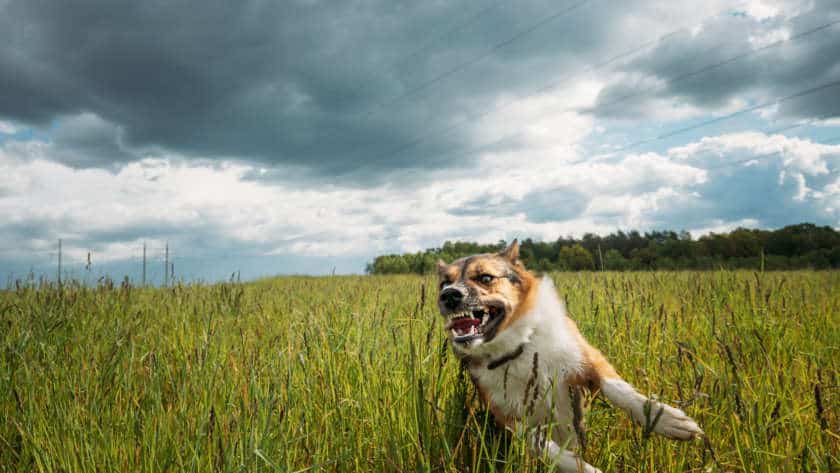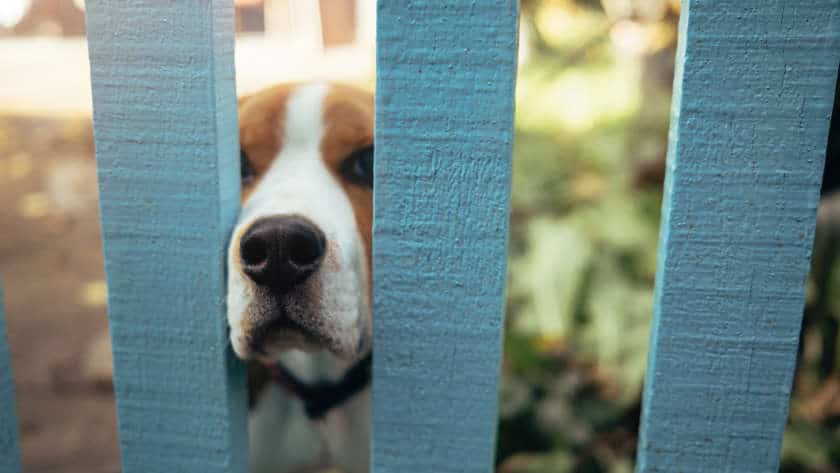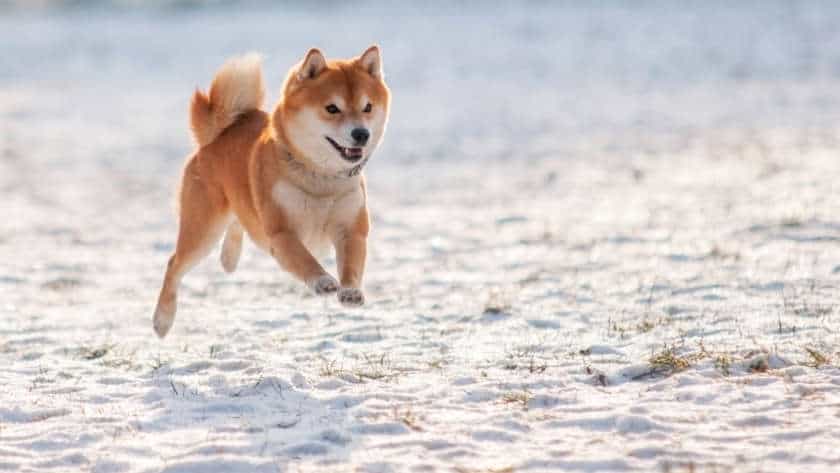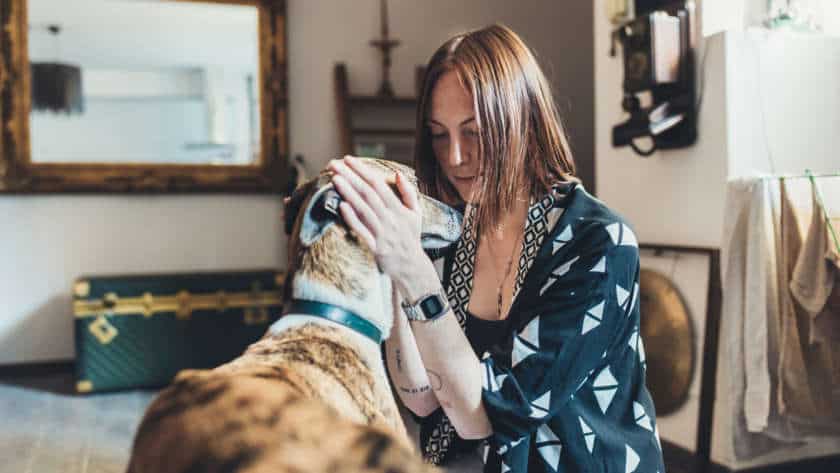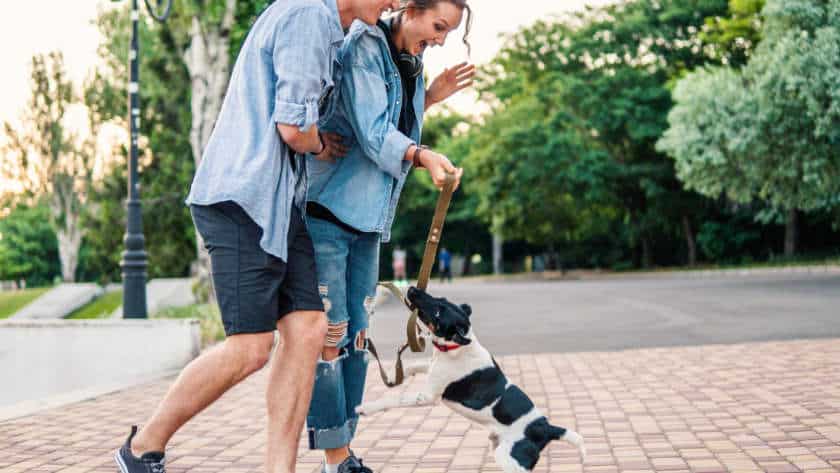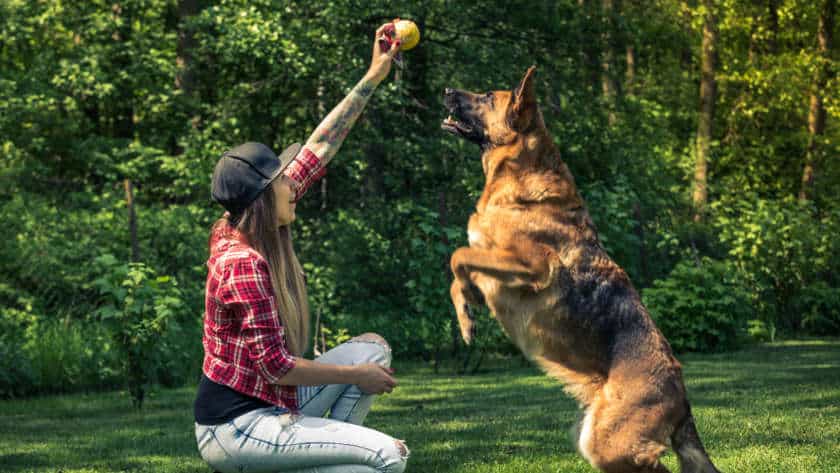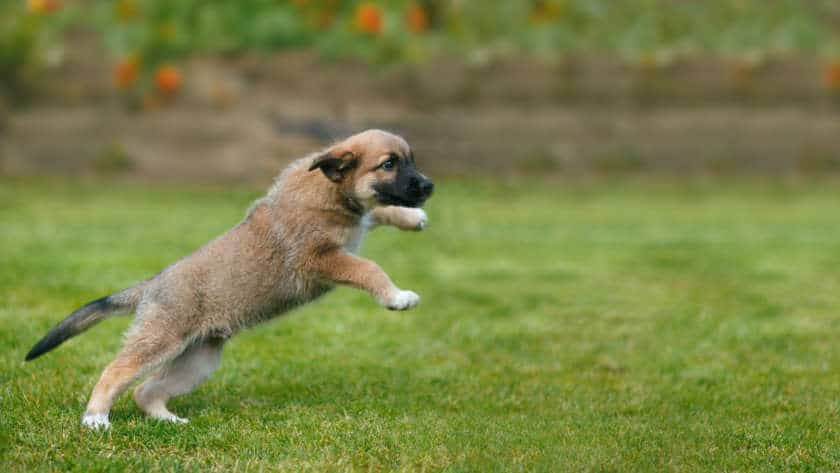Alert Barking: Your Dog's Natural Security System Alert barking is a natural behavior of dogs. It's a way for them to alert owners of intruders or potential threats. Dogs also bark to protect their territory and owners, as well as to communicate with other dogs. But, it's important to distinguish between alert barking and excessive…
